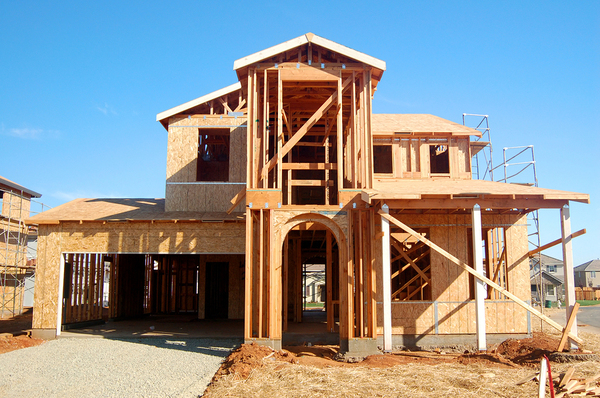For years, home inspectors in Virginia could opt for certification if they wanted to go that route, but licensing wasn’t available. Home inspector licensing is now the way of the future. Beginning on July 1, 2017, all home inspectors in the Commonwealth must hold a valid license. If you’re currently an inspector, here’s how the new regulations might change the way you work.
You Might Need New or More Education
Virginia offers a few different ways to earn a license. If you hold a valid home inspector certification, you’ll be issued a license to replace it. If you’ve been a home inspector for at least 10 years and have 250 inspections under your belt, even without a certification, chances are your experience will serve as evidence of industry knowledge on your license application.
Without a valid certification or experience, you’ll need education. Here’s how the education requirements break down:
- 35 hours of instruction and 100 home inspections
- 35 hours of instruction and 50 home inspections supervised by a certified inspector
- 70 hours of instruction and 50 home inspections
- 70 hours of instruction and 25 home inspections supervised by a certified home inspector

An NRS designation broadens your horizons with access to new construction inspections.
You’ll Need a Special Designation to Inspect New Homes
Before licensing was on the table, Virginia had already decided on a new requirement that would apply to certain home inspectors. Anyone inspecting new construction houses would need a special designation, called NRS or New Residential Structure. The NRS designation requirements have now been woven into new licensing legislation.
On July 1, all home inspectors will need a license. Anyone inspecting new construction will need a license plus the NRS designation. Without the designation, inspectors are limited to existing structures.
Continuing Education Will Become the Norm
With licensure comes continuing education. If you’ve held membership in one of the major national home inspection associations, you’re probably accustomed to earning new education credits regularly. If not, get ready.
After July 1, you’ll need 16 hours of credits per license renewal cycle, says the Virginia Board for Asbestos, Lead and Home Inspectors. Check out Quality Education Group to earn continuing education credits online.
You May Find More Consistency Throughout the Industry
Licensing in any industry usually fulfills at least two goals: consumer protection and consistency among professionals. Home inspection licensing in Virginia is designed to give home buyers and other home inspection customers a more dependable experience from one inspector to the next. For inspectors, it sets the bar a little higher and adds a layer of integrity to the profession.
Virginia’s requirements include a written contract signed by the customer and the inspector and disclosures about what the home inspection covers as well as any financial interests if a repair person is recommended. It also standardizes what’s included in a home inspection report.
Home inspectors in Virginia had little regulation for years. Then certification became an option, but many home inspectors opted out. Now the Commonwealth is shaking things up with mandatory licensure. Following in the footsteps of many other states that regulate the home inspection industry, Virginia’s future is on track.
If you’re in the market for new home inspection reporting software to pair with your shiny new license, Report Form Pro has everything that you need. It’s sleek, straightforward and produces a good-looking report every time. Download our home inspection app for Android or check us out at the Apple App Store today.

